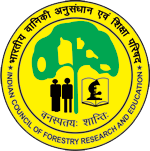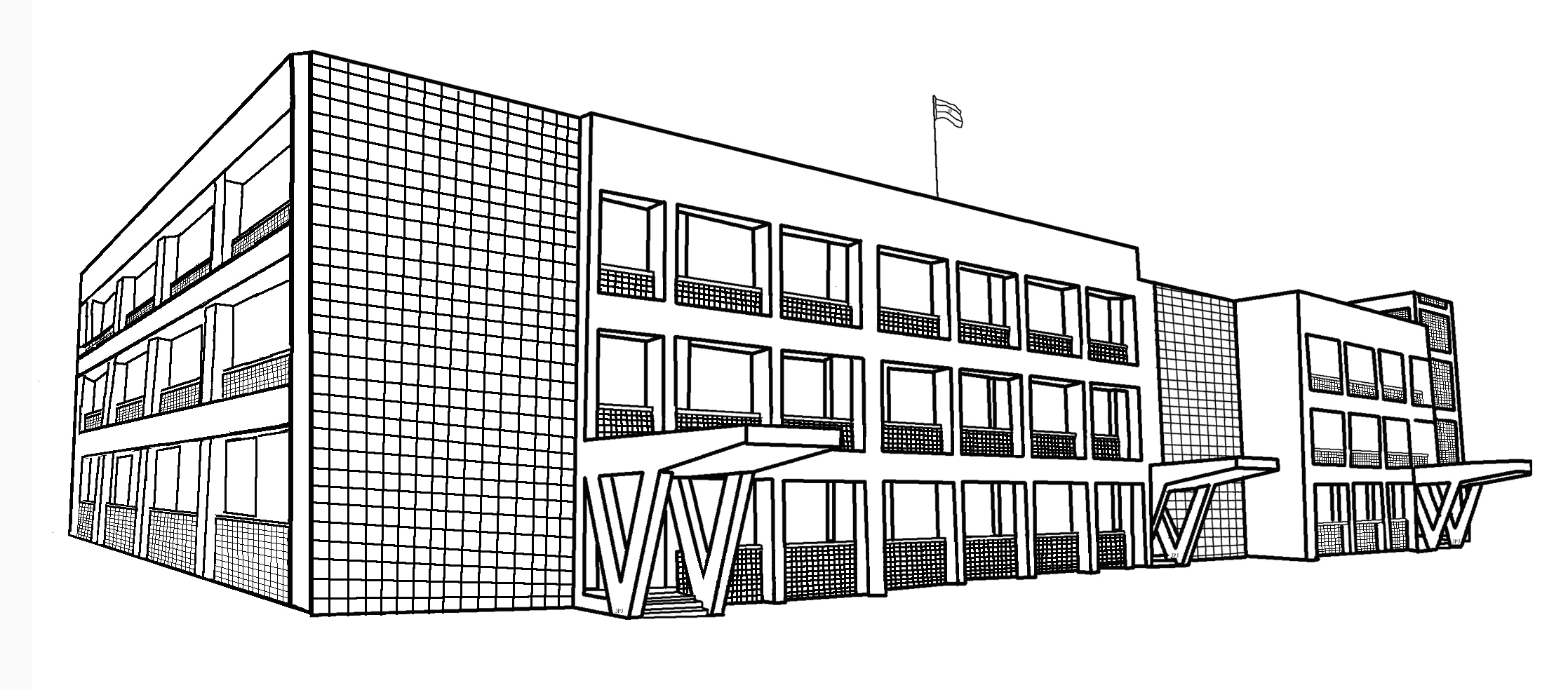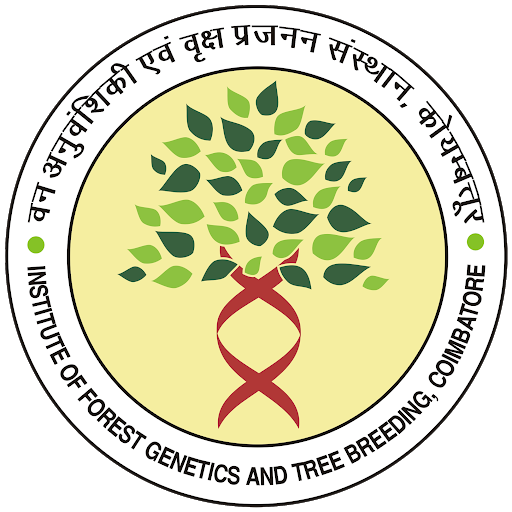|
The division of Forest Ecology and Climate came into existence during May 2018 after restructuring of divisions in ICFRE
|
|
Major Thrust Areas
|
|
1. Biodiversity Assessment and Conservation
|
- Comprehensive biodiversity assessment and documentation.
|
- Population assessment and conservation of prioritized endangered plant species.
|
- Establishment of long-term ecological monitoring plots to assess phenology, regeneration and climate change impacts.
|
- Mangrove conservation and restoration.
|
- Introduction of rare and endemic, botanical, economic, forestry, and medicinal plant species to enrich the IFGTB Botanical Garden.
|
|
2. Invasive Alien Species Management
|
- Mapping, monitoring, and management of Lantana camara for effective control in forest ecosystems.
|
- Management of invasive alien plant species.
|
|
3. Climate Change and Ecosystem Resilience
|
- Assessment of climate change-driven effects on Indian forests, with emphasis on impacts, adaptation strategies, and mitigation measures.
|
- Climate change mitigation and adaptation in forest ecosystems.
|
|
4. Sustainable Resource Management
|
- Resource assessment and sustainable management of economically and ecologically important plant species.
|
- Criteria and indicators for sustainable land management to enhance productivity.
|
- Vegetation-soil– interrelationships for improving ecosystem health, stability, and productivity.
|
|
5. Ecotourism and Community-based Management
|
- Assessment of visitor carrying capacity of selected ecotourism sites in Kerala.
|
|
6. Eco-restoration and Rehabilitation
|
- Eco-restoration and rehabilitation of mined-out areas and other degraded or stress-prone sites.
|
|
7. Environmental Impact Studies
|
- Environmental impact assessment (EIA) of forestry and developmental activities
|
|
Resources
|
|
I. Botanical garden
|
- The institute maintains a Botanical Garden, established in 1973, covering an area of 3.7 ha, which serves as a research and centre for ex-situ conservation activities. The garden focuses on the introduction and maintenance of diverse plant groups, including rare and threatened plants, medicinal, botanical, economic, forestry, and other species.
|
|
II. Herbarium
|
- The institute maintains the Fischer Herbarium (acronym: FRC) at the institute, named in the honor of Cecil Ernest Claude Fischer, established during the year 1912. It has been recognized as a “National Repository” by the Ministry of Environment, Forest and Climate Change (MoEF&CC), Govt. of India and houses a collection of more than 26,000 voucher specimens representing 3,898 species with 10 Isotypes, including flowering and non-flowering plants of higher groups, as well as rare and endangered species from different forest types of Southern India.
|
|
III. Services
|
- Plant authentication services for researchers, students, and external stakeholders to support academic, scientific, and conservation activities.
|
|
IV. Scientists and officers of the Division have also contributed to various consultancy services rendered collectively by the Institute, namely:
|
- Environmental Impact Assessment studies of ICFRE, Dehradun
|
- CAMPA – Monitoring and evaluation activities of State Forest Department, Kerala
|
- Tamil Nadu Biodiversity Conservation and Greening Project for Climate Change Response (TBGPCCR), State Forest Department, Tamil Nadu
|
- Collaborative Research activities to the State Forest Department of Tamil Nadu and Kerala
|
- Expansion of Botanical Garden network under the Assistance to Botanic Gardens Scheme (ABG) by the Botanical Survey of India
|





